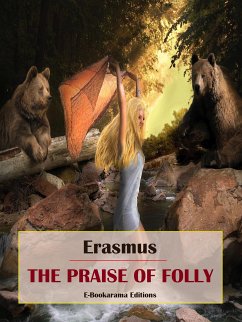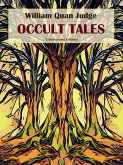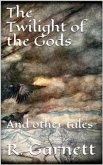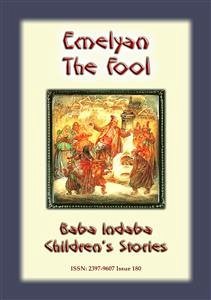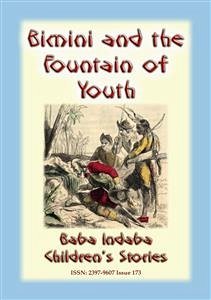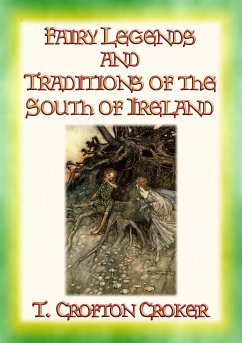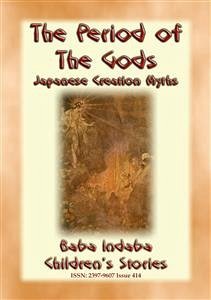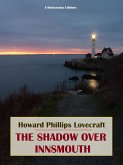"The Praise of Folly", is a classical satire written by Desiderius Erasmus, the great Dutch writer and philosopher of 16th-century Medieval Europe, about the merits of foolishness which can be easily applied to our day and age.
In "The Praise of Folly" Erasmus crafted the character of Folly, the daughter of the great gods, Plutus and Youth. In the essay, "The Praise of Folly", she introduces herself with an impromptu speech, asserting her bold confidence. Nursed by the gods, Drunkenness and Ignorance, and attended by other gods, Self-Love, Flattery, Laziness, Pleasure, and Wantonness, Folly admits to a life of privilege and indulgence. She claims power over human beings who are weak-willed, and states that they would be unable to procreate without her.
In "The Praise of Folly" Erasmus crafted the character of Folly, the daughter of the great gods, Plutus and Youth. In the essay, "The Praise of Folly", she introduces herself with an impromptu speech, asserting her bold confidence. Nursed by the gods, Drunkenness and Ignorance, and attended by other gods, Self-Love, Flattery, Laziness, Pleasure, and Wantonness, Folly admits to a life of privilege and indulgence. She claims power over human beings who are weak-willed, and states that they would be unable to procreate without her.

